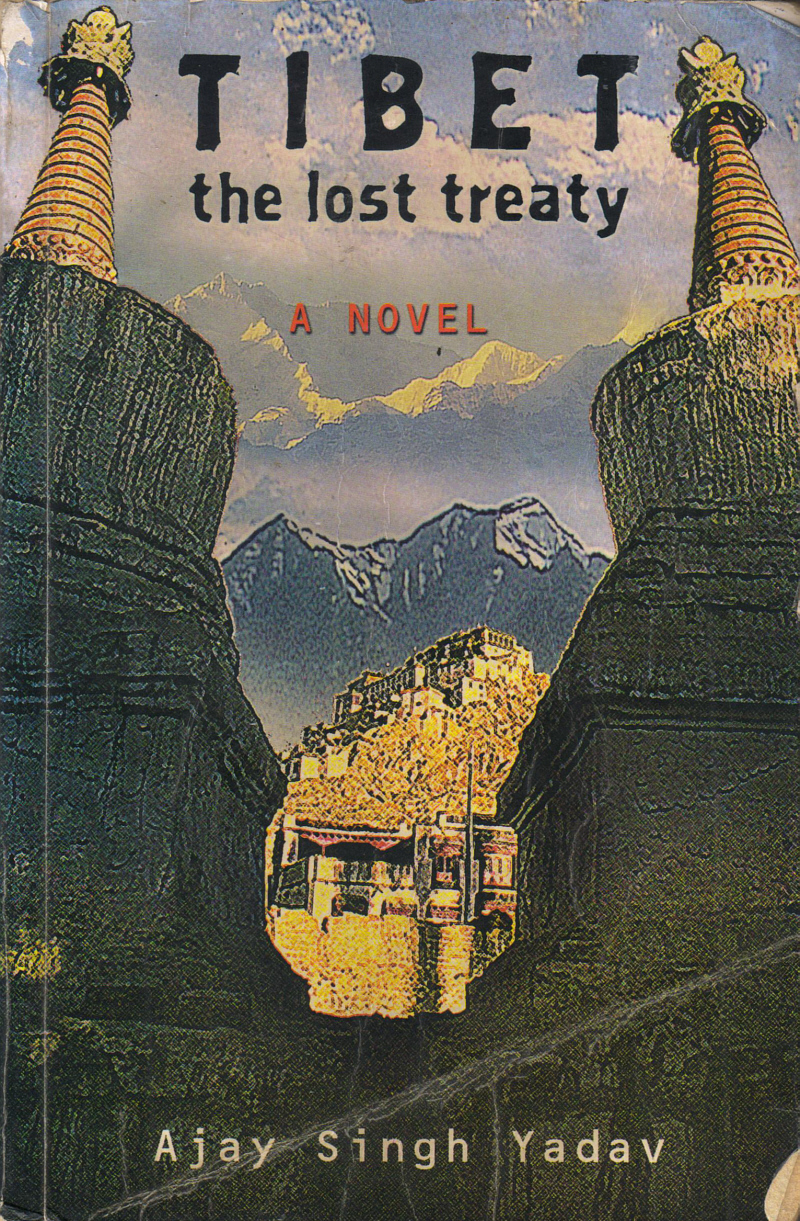Chapter 22
THE first thing that Tsering did on walking out of Drapchi prison was to discard his prison clothes and put on the purple robes o t e monk once again. Only then did he feel whole again. He had realized that imprisonment had robbed him, not only of his freedom but also of his identity. For forty years he had been only a nameless face, just an impersonal number in the prison records, without a history, and without a personality. The dark years of incarceration, of torture and humiliation, had gradually destroyed his conscience, his dignity, even his faith in his religion. He had become a ghost, a spectral being who could live only in the perpetual twilight of the prison cell. But now, attired once again in the raiment of his sacred order he felt all his old emotions flooding back. He remembered that he was a monk, a member of an exalted order a follower of the Sakyamuni, a native of Tibet, a torch- bearer of his faith, his people and his country. He remembered how, years ago he had played a leading role in the uprising against the Chinese But the sense of pride was overwhelmed by bitter remorse. He had betrayed his people, his comrades, due to weakness of the flesh. What was worst of all he had doubted his own religion, the immortal wisdom of the Buddha. He was a traitor, he felt, and the only way he could atone for his betrayal was to redeem himself by dying for his country. He must find some way of helping this spy that they were looking for. Yes, that would be the best way for avenging himself. Wang had compelled him to work against his conscience by using torture against his body. Very well, he would double-cross the same Wang to redeem himself. Some of these thoughts passed through his mind as he betook himself to the Jokhang to pray.
He walked with slow and shuffling steps, being unused to long walks. His eyes wandered with a delighted surprise over the endless vistas of his country, having been cooped up for years within the featureless confinement of prison walls. He looked for a long time at the magnificent silhouette of the Potala. He foresaw in his mind's eye the time when this glorious edifice would once again be sanctified by the holy presence of the Gylwa Rinpoche -The Dalai lama. The time would come, when his country would be free once again, he told himself with assurance. That time would come.
At the gates of the Jokhang he paused, looking up at the golden emblem of his faith that was inscribed over the portals, the rita chakra, the wheel of truth, flanked by two hinds. He remembered that it was in a deer park that the Buddha had preached his first sermon, unveiling eternal truth and dispelling the darkness of ignorance for ever. Within the temple, he joined the crowd of pilgrims and monks milling about the forecourt. He found a seat along the wall and sat down watching the throng, not daring to go into-the shrine just yet. Finally he went in, keeping his head down, not daring to look at people, lest he run into someone who might know him. He headed straight for the main shrine, not pausing at the subsidiary temples. Face to face at last with the image of Jowo Sakyamuni, he fell at the feet of the statue, weeping and sobbing. Forgive me Lord, he said to himself again and again. When he looked up at the radiant visage of the Buddha, looking down at him with infinite compassion, he felt that he was forgiven.
As he came out of the shrine, darkness had fallen and bright stars had appeared in the intensely black sky. Having obtained his blessings Lama Tsering felt at peace at himself. He wandered about aimlessly. He was free, but didn't know what to do with his freedom. He decided that he would sleep in one of the many outhouses built around the temple to provide shelter to pilgrims. But before that he thought he would walk about the Barkhor and see some of the old familiar sights. The square was almost deserted. The shops had shut down early. It seemed they now shut down much earlier than they used to, because they now followed Beijing time, which was two hours ahead of local time.
Hurrying down the deserted plaza was a Chinese girl in a Mao suit. As she came abreast she paused and saluted the Lama. Then she looked into his eyes and said, "bless me father."
Lama Tsering was taken aback. It was most unusual for a Chinese girl to ask a Tibetan lama for blessing. Indeed it was unheard of. He peered at the girl with short- sighted rheumy eye and saw a pretty girl with a bold stare. Intoning a mantra, he put his old and shaking hand on her head in the age old gesture of benediction.
"Go in peace my child!"
Thank you father!" said the girl and went striding away in the direction of the Potala.






